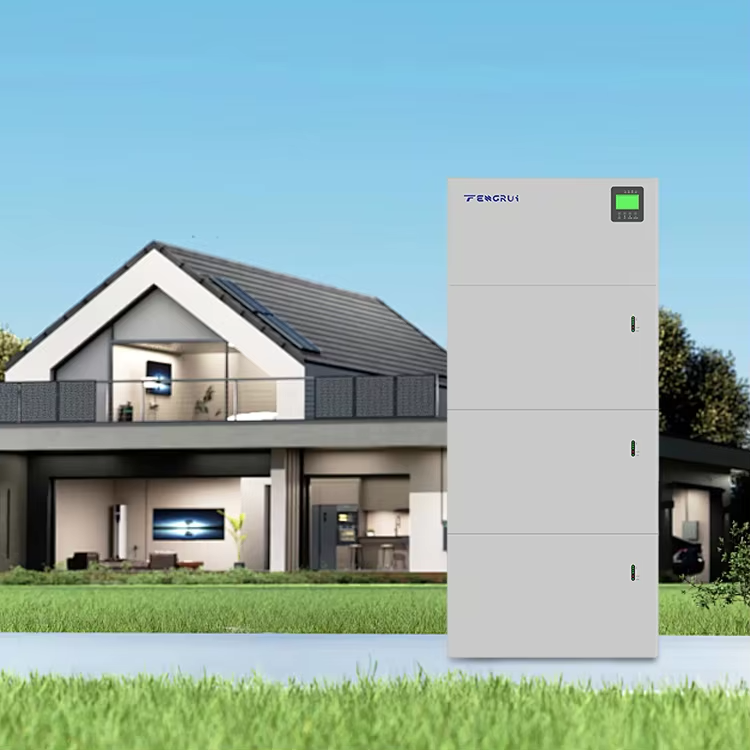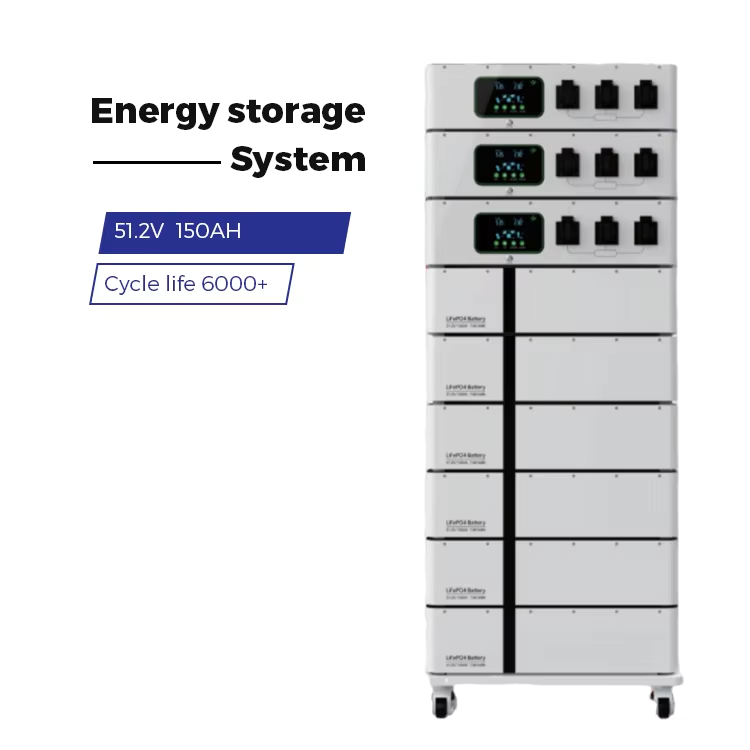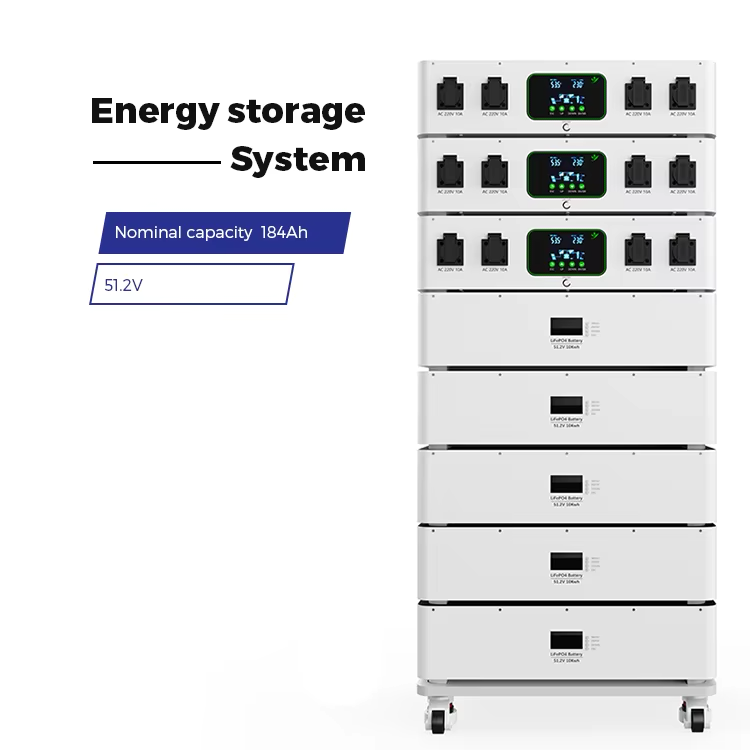residential battery energy storage system
A residential battery energy storage system represents a revolutionary advancement in home energy management, serving as a powerful solution for homeowners seeking energy independence and cost efficiency. This sophisticated system consists of high-capacity batteries, typically lithium-ion, integrated with smart power management technology that enables the storage of electricity for later use. The system connects seamlessly to your home's electrical network and can be paired with solar panels or the main power grid. Its primary function involves capturing excess energy during off-peak hours or from renewable sources and storing it for use during peak demand periods or power outages. The technology incorporates advanced monitoring capabilities, allowing homeowners to track energy consumption, storage levels, and system performance through user-friendly mobile applications. These systems are designed to automatically switch between different power sources, ensuring uninterrupted power supply while optimizing energy usage and costs. Modern residential battery storage systems also feature sophisticated safety mechanisms, including temperature control, overcharge protection, and emergency shutdown capabilities. The scalable nature of these systems allows homeowners to customize their storage capacity based on specific energy needs and consumption patterns.


